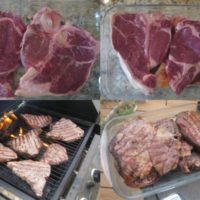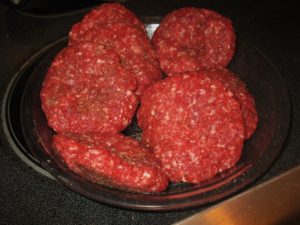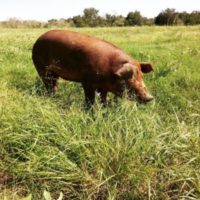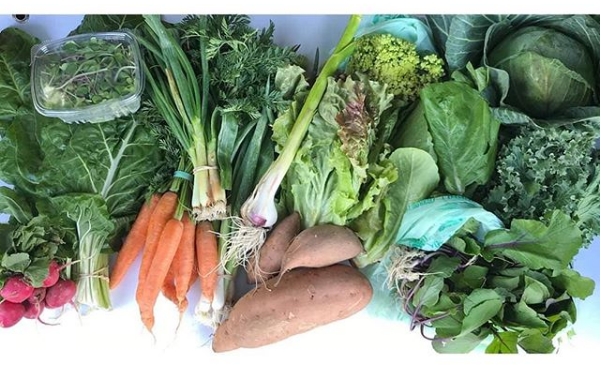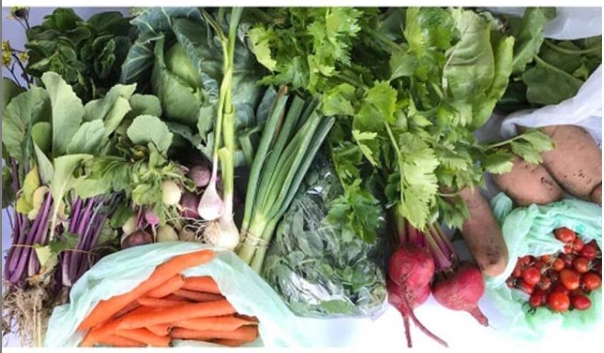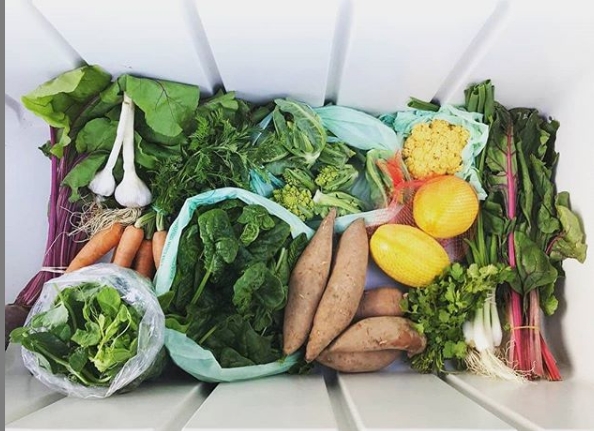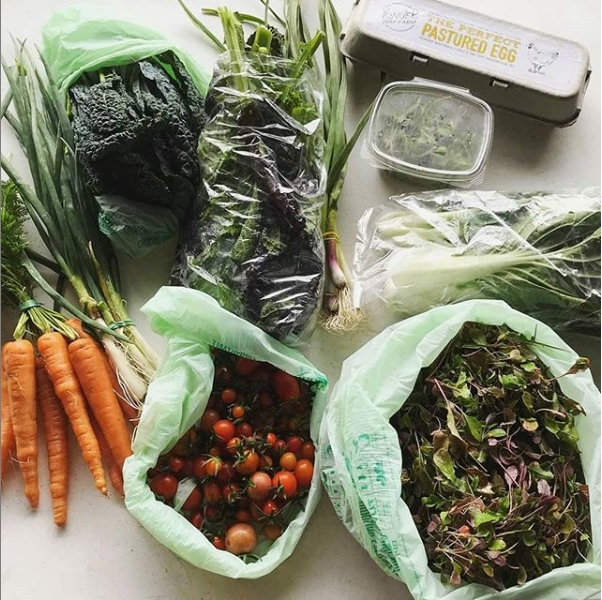Grass-fed/finished beef is best for human health and earth’s ecology, although plant based “meat” may have advantages over conventional factory-farm beef. That’s the bottom line in this balanced article from July 2019: Is The $10 Billion Beyond Burger Good For You & The Planet?
If given the option between a Beyond or Impossible Burger and a beef burger, Diana Rodgers, R.D., a real-food dietitian who lives on a working organic farm in Massachusetts, would choose any type of beef (but ideally grass-fed, grass-finished beef) every time. “I’m a huge believer in eating whole, real foods and avoiding ultra-processed foods,” she says. “Beyond Meat and Impossible burgers fit the definition of ultra-processed and simply do not have the same micronutrients available in real beef like high-quality iron, B12, zinc, and others.”
A few other experts I chatted with said they’d also recommend eating a beef burger over an Impossible or Beyond Burger—but only if it was a grass-fed, grass-finished burger (i.e., one made with meat from cows who lived their entire lives on pasture eating grass and forage), which tend to be a bit leaner and have a somewhat healthier fatty acid profile with a higher concentration of omega-3s. And if that’s not an option, well, then some of them said they might consider one of these plant-based meatless meat options—or opt for something else entirely.
And while renowned functional and integrative medicine doctor Frank Lipman, M.D., didn’t have a lot to say, he did tell me this after reviewing the ingredient lists of these meatless burgers: “Not that I eat burgers too often…but give me a grass-fed, grass-finished burger any day. Eat whole foods as close to nature as possible.”
Choosing an alternative meat burger like Impossible or Beyond may have some beneficial environmental implications, especially in comparison to conventional beef. Beyond Meat commissioned a life cycle assessment (LCA) study with the Center for Sustainable Systems at the University of Michigan and found that the Beyond Burger generates 90% less greenhouse gas emissions, requires 46% less energy, and has 99% less impact on water scarcity and 93% less impact on land use than a quarter pound of conventional U.S. beef.
“The meat industry is one of the worst offenders for greenhouse gas emissions. It’s estimated that between 14.5 and 18% of human-induced greenhouse gas emissions are coming from livestock,” says Cannon. “But if these [plant-based meats] are going to be a huge industry and there’s a lot of monocropping—you know, growing lots of one type of crop with a lot of chemicals—it’s kind of hard to say how much better that will actually be.” (The Beyond study did concede that the production of the burger’s dominant ingredients—pea protein, canola oil, coconut oil—represent important contributions to greenhouse gas emissions, energy use, and land use.)
For Cannon, a Beyond Burger or Impossible Burger would be a smarter pick than a conventional beef burger from an environmental perspective—however, a grass-fed, grass-finished burger would be even better. “I do a lot of research into the environment, and regenerative agriculture [a category under which grass-fed, grass-finished cattle can be lumped in] could help solve a lot of the problems we’re facing in terms of climate change—and it relies on having healthy animals grazing on the farm. It’s part of a healthy overall ecosystem.”
“According to the Food and Agriculture Organization of the United Nations (FAO), more than 60% of our agricultural lands are only suitable for pasture (grazing animals) and not for crop production. So to blame cattle, as Beyond Meat does, for ‘using up’ valuable land that we could be growing food on is unfair,” says Rodgers. “In fact, if we didn’t have grazing animals like cattle on this land, it would deteriorate. Regenerative agricultural practices, which require cattle and other grazing animals, increase biodiversity and improve the water-holding capacity of the soil, making rainfall more effective and preventing runoff. Plus, cattle can convert food we can’t eat (grass and forage) on land we can’t crop into nutrient-dense food.”
Timely enough, a recent LCA study conducted at White Oaks Pastures—a 3,000-acre farm following regenerative grazing practices with their cattle and other livestock, and a Savory Institute Hub—found that the farm produced a net “carbon sink,” after taking a full account of all greenhouse gases in and out of the farming operation. Meaning, the farm actually absorbs more carbon than it releases into the atmosphere as carbon dioxide. Neither Beyond Meat nor Impossible can say the same for their own operations, which are both net carbon emitters. The study was performed by Quantis, the same third-party firm that conducted the LCA study for Impossible Burger.

